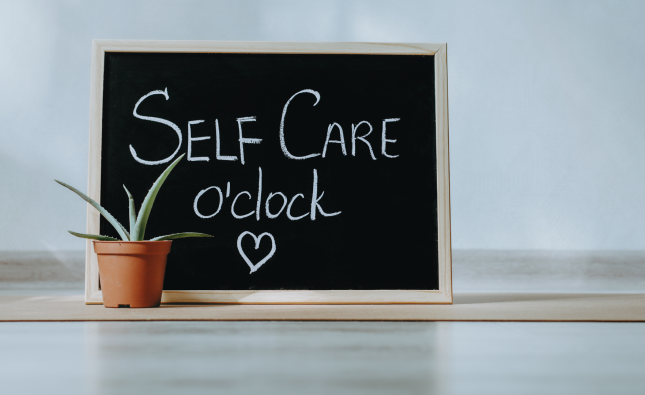
Introduction:
Sebum-related scalp flakes, known by the name seborrheic dermatitis, is an enduring and irritating issue affecting the scalp. Having many false beliefs and misunderstandings related to its management, it is essential to tell apart reality from imaginary tales. Within this piece, skin specialists will expose popular fallacies and offer perspectives on successful therapy techniques for seborrheic dermatitis. Through comprehending successful strategies and what fails, you can make well-informed choices to efficiently handle and address the disorder.
Cleansing Your Hair With longer intervals Benefits
A popular misconception is the belief that washing reducing the frequency of hair washing can aid in controlling dandruff with excess oil. Nevertheless, skin specialists stress the importance of frequent cleansing using a mild shampoo is essential for controlling this disorder. Cleansing your hair contributes to the removal of surplus oil, flakes, and accumulation on your scalp area. Experts suggest utilizing a hair cleanser specially designed for dandruff caused by excess oil. On the other hand, you have the option to use a solution that has active compounds for example ketoconazole or you may consider salicylic acid.

Seborrheic dermatitis is Attributed to lack of cleanliness
In contrast to widespread notion, excessive oil on the scalp is not attributed to unhygienic practices. This is an outcome due to an excess of mold on the skull. The excessive growth triggers irritation and abnormal oil secretion. Although proper hair and scalp care plays a crucial role, it does not the main contributor for the occurrence of greasy flakes. Skin specialists advise prioritizing on specific therapies that target the root causes. Such therapies can incorporate fungicidal shampoos or corticosteroid topicals.
Solely DIY Remedies Are Effective for Seborrheic Dermatitis
Although a few natural treatments might offer short-term alleviation, they cannot cure for scalp flaking. Eucalyptus oil, White vinegar, and Olive oil are frequently praised as alternative treatments. Nevertheless, the efficacy in the treatment of excessive scalp oiliness is constrained. Skin specialists stress the value of utilizing scientifically proven therapies given by a dermatologist. These might contain pharmaceutical shampoos, dermal creams, ingested medications. The decision of therapy will rely on the intensity of the disease.
This is an ordinary hair condition that could influence people, regardless of age or biological sex. This is crucial to inform others concerning this fact to diminish stigma and foster understanding.
Conclusion:
By disproving these widespread misconceptions related to the management of greasy flakes, dermatologists offer valuable perspectives regarding effective methods and what is not successful. Efficient therapy techniques involve frequent cleansing with a gentle cleansing agent, specific therapies recommended by a skin specialist. Comprehending the fundamental reasons is essential too. Don’t forget to seek with a skin specialist for individualized guidance and medical interventions adjusted to suit your individual needs.










